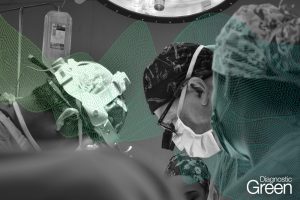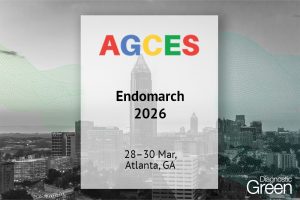Purpose: This study aimed to evaluate the efficacy of indocyanine green (ICG)-fluorescence imaging for the identification of hepatic boundaries during liver resection and its advantages in surgical outcomes over conventional methods.
Methods: This prospective, exploratory, single-arm clinical trial included 47 patients with liver tumors who underwent liver resection using ICG-fluorescence imaging (ICG-LR) between 2019 and 2020. The primary outcome measure was the successful identification of hepatic boundaries during liver resection, from the perspective of both the hepatic surface and intrahepatic boundary, using ICG-fluorescence imaging. The secondary outcomes comprised surgical outcomes. Using propensity score matching (PSM), the surgical outcomes were subsequently compared between the ICG-LR group and patients who underwent conventional liver resection (C-LR, n = 100) between 2017 and 2018.
Results: Hepatic boundaries were successfully identified in 28 patients (60%; 95% confidence interval, 45-72%), including 21 and 7 who underwent anatomical and non-anatomical liver resection, respectively. After PSM, 40 patients were included in each of the ICG-LR and C-LR groups. The surgical outcomes were similar between the groups. Subsequently, surgical outcomes were compared between the groups focusing on anatomical liver resection. After PSM, 21 patients were included in each group. The ICG-LR group had a lower rate of Clavien-Dindo grade ≥ IIIa complications (0% vs. 24%; P = 0.017), including ascites and bile leak, and a shorter hospital stay (12 vs. 14 days, P = 0.041) than the C-LR group did.
Conclusion: ICG-fluorescence imaging could be used to recognize hepatic boundaries during liver transection. Additionally, ICG-LR may be useful in preventing severe liver-associated complications.




